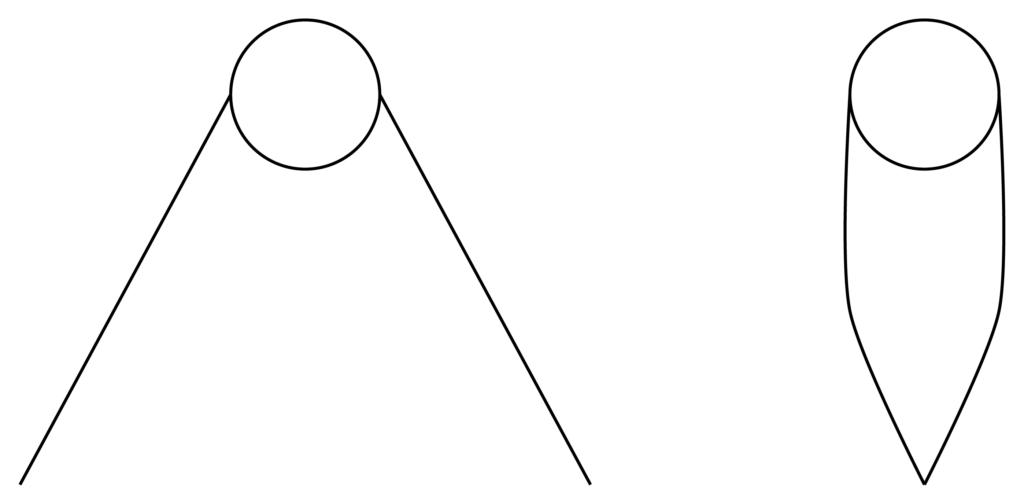The full picture of this space/time postulation is that from any unmoved point of view, light is infinitely “fast” and the space of which it exists/persists is infinitely “slow” and it is only at its measure that rate is appears changed. It also seems fairly apparent to me that gravity/mass/density in a space are completely “entwined” (read not separate stuff). Layman examples of why/how is as follows:
Example 1
Light scatters at mass depending on its location to its source. Unlike objects moving past objects that procced directionally.

Example 2
Light has no edge. Unlike objects with clearly defined edges.
Example 3
Space collapses toward the center of mass, rushing to fill the space, light rushes away. Slowing its rate just enough to be measured.
Example 4
Light decays quickly, the rate of decay seems to be 186,000,000 mps in relation to our rate of measure. At its infinite rate, it would decay equally so, a blip in time, so to speak.
I would assume that light decays into matter, which decays into space over time relative to the observers rate of decay. Which would likely include the process repeats in the inverse, that it’s happening eternally and can be represented as 0<=>1. Black holes would invariable be matter at density, which space cannot maintain. All matter and light would almost infinitely fall towards its center as it decays back to space.
